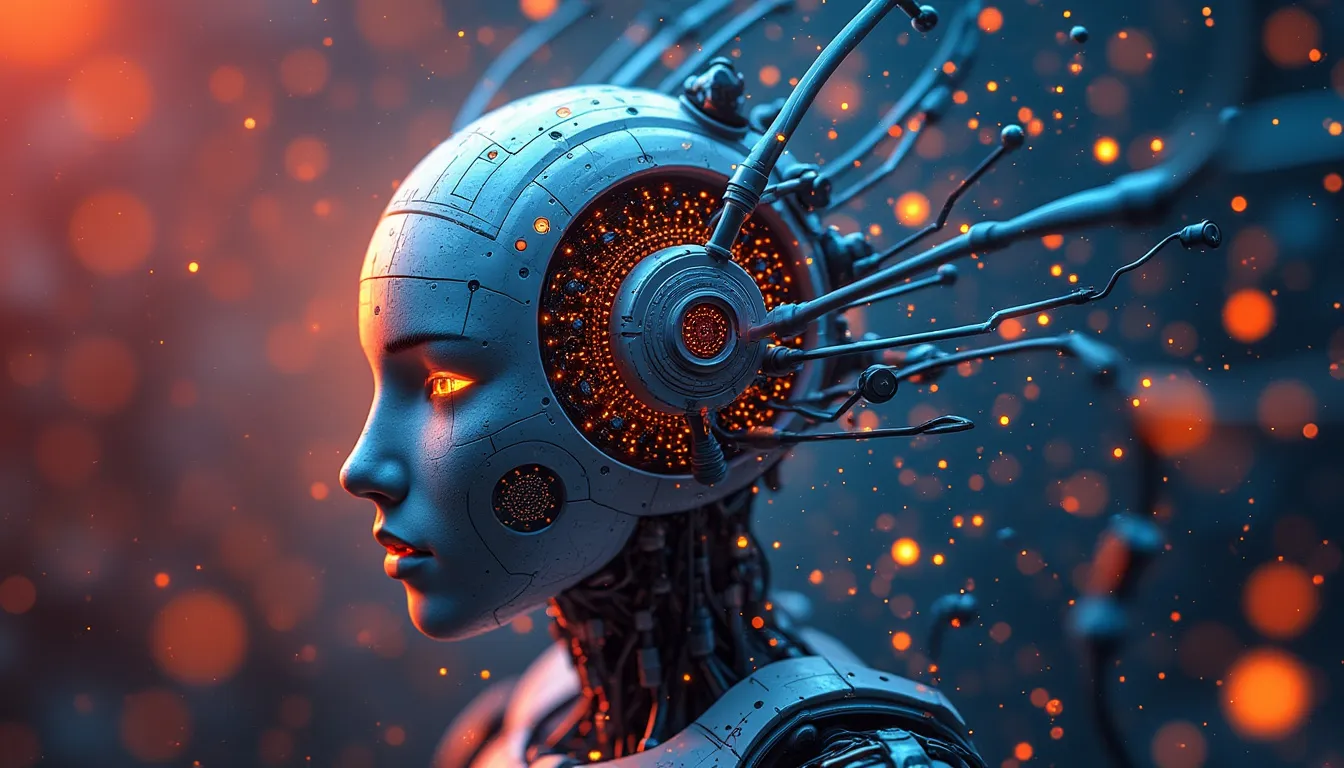The Ongoing Legal Battle: ANI vs. OpenAI
The legal dispute between Asian News International (ANI) and OpenAI over alleged copyright infringement marks a critical juncture in the relationship between AI technology and media rights. On November 19, 2024, the Delhi High Court took action by issuing summons to OpenAI in response to a lawsuit filed by ANI. The crux of ANI’s lawsuit is the alleged unauthorized use of its content by OpenAI’s ChatGPT, raising significant questions about copyright in the digital age.
Claims of Copyright Infringement
ANI claims that OpenAI’s ChatGPT model has incorporated its news content without obtaining proper permissions, thereby infringing on its copyright. The accusation is that ANI’s content was utilized during the training process of ChatGPT, in violation of copyright laws. ANI’s contention extends to the continued exploitation of their work, despite OpenAI’s measures to block ANI’s site potentially leading to further disputes over digital content rights.
Efforts to Address Misattribution and Misinformation
In addition to concerns about copyright infringement, ANI has aired grievances over the misattribution of news content by ChatGPT. This misattribution, ANI argues, not only damages its reputation but also contributes to the spread of misinformation. For instance, ANI points to a false story attributed to them by ChatGPT involving a fake interview with a renowned politician, Rahul Gandhi, underscoring the potential for AI-generated misinformation to mislead the public.
An important element in the lawsuit is ANI’s argument that, notwithstanding any efforts by OpenAI to cease using ANI’s website content, ChatGPT continues to pull content from other sources like subscribers, exacerbating the infringement and misinformation issues. This highlights a pervasive challenge: controlling the flow of information in AI systems trained on vast datasets.
Jurisdictional and Legal Challenges
OpenAI has raised jurisdictional challenges, with its counsel suggesting that the Delhi High Court lacks jurisdiction, given OpenAI’s international operations and absence of physical presence in India. However, the court has proceeded without granting an interim injunction and plans to involve an amicus curiae to assist in this complex legal matter. The potential jurisdictional challenges pose intriguing questions regarding the application of local laws to international tech entities.
Global Implications and Potential Precedents
This case is set against the backdrop of similar lawsuits globally, with OpenAI facing multiple legal challenges in the United States, Canada, and Germany. If ANI’s case against OpenAI results in significant rulings, it could precede broader legal implications for the use of copyrighted content by AI companies worldwide. Such outcomes could shape future operations of AI companies and their interaction with copyrighted materials.
In its defense, OpenAI emphasizes that copyright protection is for specific expressions rather than ideas or facts, claiming news content constitutes a minor percentage of the data utilized by ChatGPT. As the world of digital content and AI evolves, the legal interpretations and precedents set by this case might determine the future landscape for AI innovation and content rights.
The Road Ahead
The next court hearing, scheduled for January 28, 2025, will bring further scrutiny to these pressing issues and the decisions made could reshape content usage laws in the context of AI significantly. As media companies and AI developers closely watch this lawsuit unfold, it highlights the urgent need for clear guidelines on AI’s interaction with copyrighted content to ensure both innovation and intellectual property rights are upheld.




